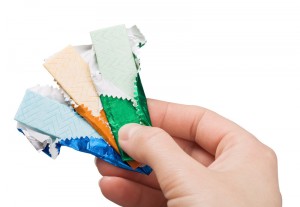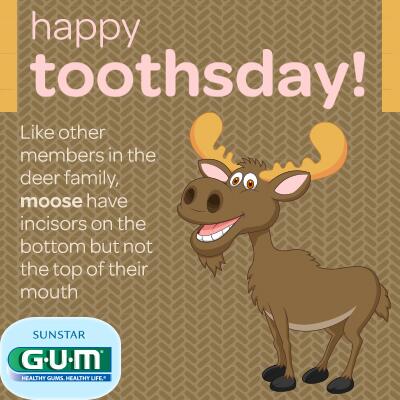Health Benefits of Tea
January 7th, 2016
Since January is "National Hot Tea Month," it's the perfect time to extol the health benefits of tea. So brew a hot cup and read on!
Besides warming you up on these frigid January days, tea has health benefits that include treating cancer and cardiovascular disease and fighting against obesity and diabetes.
Much of the medicinal properties of tea are attributed to its antioxidant content, specifically the flavanoids/polyphenols known as catechins, which have the greatest concentration in green tea. Tea and its components are shown to have:
- Benefit cardiovascular systems -- promotes vasodilation of blood vessels, helps prevetn oxidant injury, and helps reduce coronary heart disease
- Benefit neurological systems -- may aid is treatment of patients with Alzheimer's disease and dementia due to effects on beta-amyloid proteins
- Reduce of cancer risk -- triggers apoptosis (cell death) in prostate cancer cells, reduces risk of digestive system cancers
- Potentially negate the harmful effects of cigarette smoking
- Help lower blood pressure
- Battle obesity due to anti-adipogenic effects
- Aid in the prevention of diabetes, stroke, osteoporosis
- Benefit oral health -- inhibits bacteria that cause dental caries and periodontal disease, inhibits growth and development of oral squamous cell carcinoma cells
With all these positive effects, what's not to love about tea?! Well, there is the caveat that habitual tea drinking can lead to tooth discoloration and staining. While not totally preventable for heavy tea drinkers, drinking through a straw, having regular teeth cleanings by your dentist, and teeth whitening can all help combat this issue if it arises. And avoid sweetening your tea with sugar, which could lead to an increase in cavities -- especially if you are sipping frequently.
Drink up!






